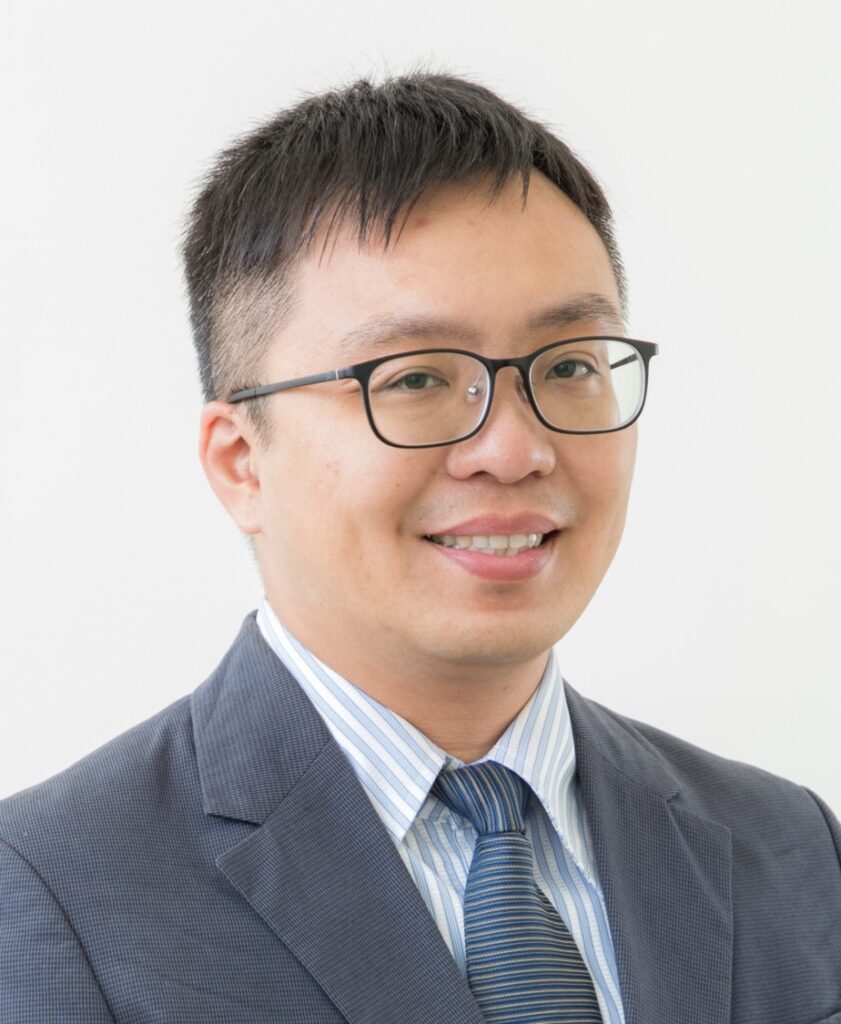Comprehensive study of ion concentration polarization (ICP) in microfluidic channel for protein preconcentration
Yu-Jui Fan
School of Biomedical Engineering, Taipei Medical University
Abstract
Preconcentration of biomolecules for detection on microfluidic platforms based on electrical kinetic trapping (EKT) through ion concentration polarization (ICP) has been well developed in the past decade. Biomolecules can be entrapped due to the equilibrium of forces between electro-osmosis and ICP when applying a voltage to the system. In this talk, we will investigate the general ICP phenomena including Faradic and non-Faradic ICP. we will also introduce a triboelectric nanogenerator (TENG)-driven nanofluidic preconcentrating device that is able to trigger ICP and subsequently cause the EKT of the biomolecules without using a conventional electrical power source. Several biosensors that are potential to integrate with ICP based preconcentrator will also be introduced.
Short Bio

Dr. Yu-Jui Fan received his Ph. D from National Taiwan University, Institute of Applied Mechanics in 2014. He was a research assistant at University of California, Los Angeles, Mechanical and Aerospace Engineering, USA, during Mar. 2009 – Feb. 2013. He joined Taipei Medical University, School of Biomedical University as an assistant professor in December 2016. He currently is an associate professor. Dr. Fan’s research focuses on investigating multiphysics-interacted novel phenomena in microsystems for versatile applications. Several topics are currently moving on including (1) Development of micro environmental platform for elucidating collective cell mechanotransduction. Moreover, building up a vessel mimicking microfluidic system for studying mechanism of vessel thrombosis, and drug screening. (2) Development of a large cargo delivery into cell system for mitochondrial cell therapy. Especially focus on stem cell therapy. (3) Development of advanced multiplex microfluidics technology, e.g. enzymatic analysis, DNA analysis, and proteomics, and in chemical synthesis.